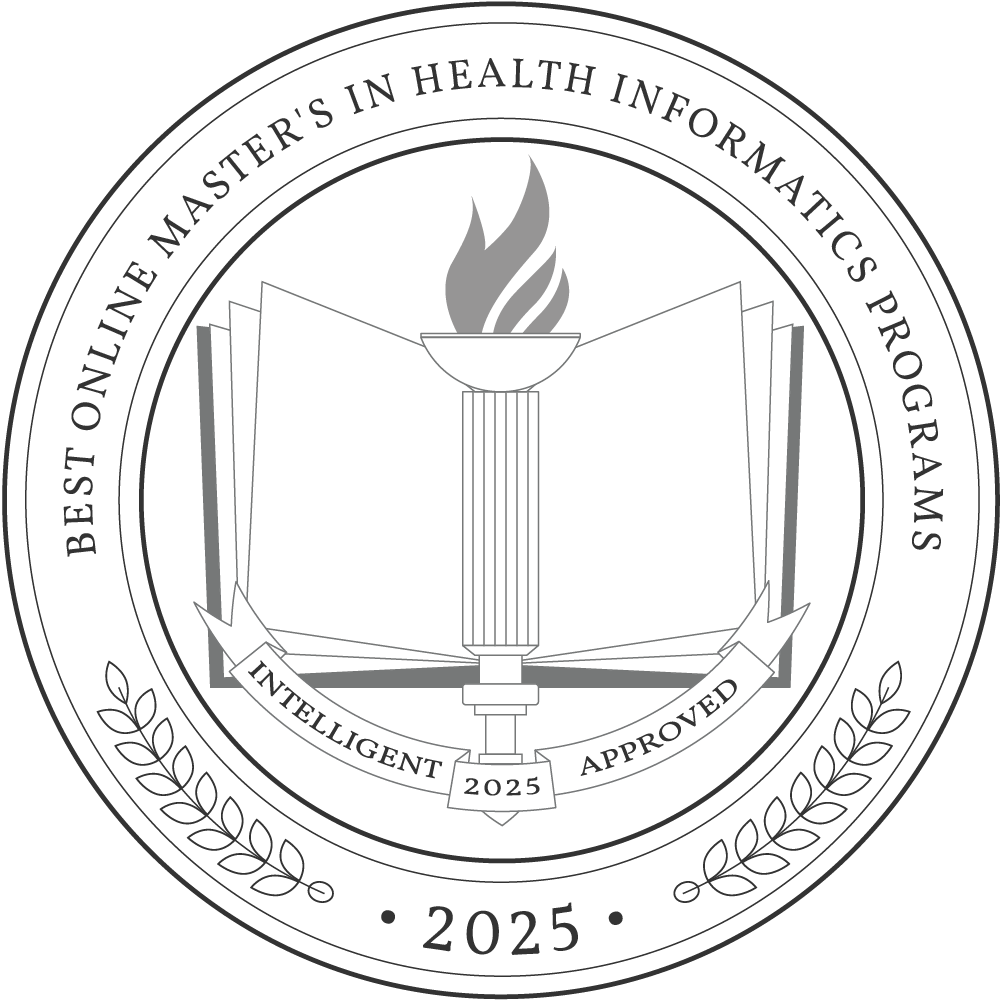Students who study health informatics in a master’s program learn how to identify and implement IT solutions to solve healthcare challenges and use technology to improve the efficiency of healthcare delivery. Graduates are prepared to work in the healthcare sector as a health informatics specialist or consultant, healthcare IT project manager, clinical informatics specialist, or informatics nurse.
According to the National Center for Education Statistics, the average tuition for a graduate degree is $12,596 at public universities and $28,017 at private universities. It typically takes about two years of full-time study to earn this degree.
We spoke with Blanca Villagomez, a program counselor and coordinator at UC-Irvine, who offered valuable insights on choosing the best master’s in health informatics degree and strategies for succeeding in an online program.
Why Trust Us
The Intelligent.com Higher Education Team is dedicated to providing students with independent, equitable school and program rankings and well-researched resources. Our expert-driven articles cover topics related to online colleges and programs, paying for school, and career outlooks. We use data from the U.S. Department of Education’s College Scorecard, the National Center for Education Statistics, and other reputable educational and professional organizations. Our academic advisory team reviews content and verifies accuracy throughout the year for the most current information. Partnerships do not influence rankings or editorial decisions.
- Analyzed over 2,000 national, accredited, and nonprofit colleges and universities
- 800+ rankings pages are reviewed and updated yearly
- Content is informed by reputable sources, surveys, and interviews with academic advisors and other experts
- Over 100 data points are reviewed for accuracy and quality throughout the year, including sources
How we rank schools
Our list features the best online Health Informatics degree programs at top colleges nationwide. Each school featured is a nonprofit, accredited institution — either public or private — with a high standard of academic quality for post-secondary institutions.
We evaluated each school’s program on tuition costs, admission, retention and graduation rates, faculty, reputation, and the student resources provided for online students. We collected data from trusted sources like the National Center for Education Statistics, individual school and program websites, school admissions counselors, and other data sources. Then, we calculated the Intelligent Score on a scale of 0 to 100 based on the following criterion:
Academic Quality:
- Admission rate versus enrollment rate
- Retention rate of students who return after year one
- Accreditation status (regional and programmatic)
- Nonprofit status, both private and public institutions
Graduation Rate
- Overall graduation rate
- Total number of currently enrolled students, including diversity metrics
- Student-to-faculty ratio
Cost and ROI
- In-state and out-of-state per-credit tuition rates and fees
- Required credits to graduate
- Earning potential after graduation
- Availability of federal student loans, scholarships, and other financial aid options
Student Resources
- Available student services for online-only and hybrid programs
- On-campus amenities like tutoring centers and the number of libraries
Read more about our ranking methodology.
Best 36 Accredited Online Master’s in Health Informatics Programs
FiltersInstitution Type
Status
- Intelligent Score
- Alphabetically By University Name
- Acceptance Rate
- Enrollment
- In-state Graduate Tuition
- Out-of-state Graduate Tuition
- In-state Undergraduate Tuition
- Out-of-state Undergraduate Tuition

University of North Carolina at Chapel Hill
Intelligent Score: 98.85In-state: $7,019
Out-of-state: $34,198
In-state: $10,552
Out-of-state: $10,552
SAT: 1280-1490
ACT: 28-33
Resident: $682
Non-Resident: $1,718
Online
Council on Education for Public Health
35

George Mason University
Intelligent Score: 98.57In-state: $9,510
Out-of-state: $32,970
In-state: $12,594
Out-of-state: $12,594
SAT: 1100-1300
ACT: 24-30
George Mason University is the largest public research university in Virginia. The school offers rigorous online programming, including a 36-credit hour Master of Science in Health Informatics. George Mason's health informatics program is administered through its College of Health and Human Services. Students can choose between concentrations in Health Data Analytics or Health Informatics Management. A unique aspect of the program is that it offers a free bridge course for students without prior work experience in healthcare or information technology to create a successful transition into graduate work. George Mason also offers a unique peer-support program for online learners called the Student Ambassador Program. The student ambassadors are all upper-class online learners or alumni available to assist newer students with their educational journey. Other supports for online students include virtual career services appointments and events, resume review by email, a virtual computer lab, and online academic tutoring.
$800
Online
Commission on Accreditation for Health Informatics and Information Management Education
36

Northwestern University
Intelligent Score: 97.63In-state: $58,227
Out-of-state: $58,227
In-state: $56,067
Out-of-state: $56,067
SAT: 1430-1550
ACT: 33-35
$1,264
Online
Higher Learning Commission
48

University of South Florida
Intelligent Score: 96.86In-state: $4,559
Out-of-state: $15,473
In-state: $8,350
Out-of-state: $8,350
SAT: 1160-1320
ACT: 25-30
$907
Online
Commission on Accreditation for Health Informatics and Information Management Education
32

University of San Diego
Intelligent Score: 96.63In-state: $52,120
Out-of-state: $52,120
In-state: $27,936
Out-of-state: $27,936
SAT: N/A
ACT: N/A
$925
Online, On Campus
Western Association of Colleges and Schools
30

Logan University
Intelligent Score: 95.92In-state: $6,600
Out-of-state: $6,600
In-state: $9,900
Out-of-state: $9,900
SAT: N/A
ACT: N/A
$600
Online
Higher Learning Commission
36

Dakota State University
Intelligent Score: 95.15In-state: $7,541
Out-of-state: $10,611
In-state: $5,939
Out-of-state: $5,939
SAT: 1010-1190
ACT: 19-26
Resident: $373 - $610
Non-Resident: $662
Online
Commission on Accreditation for Health Informatics and Information Management Education
33
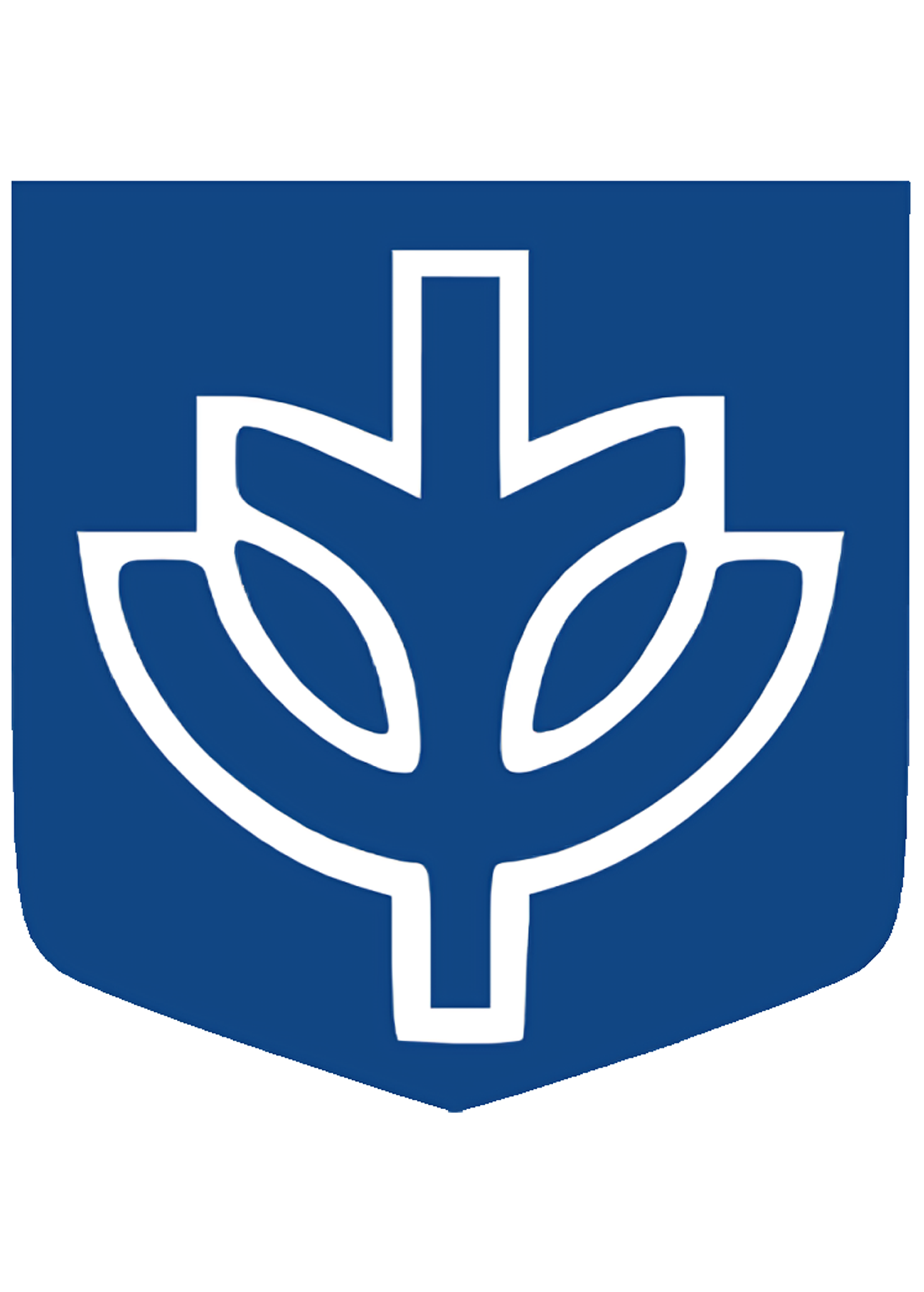
DePaul University
Intelligent Score: 94.75In-state: $40,551
Out-of-state: $40,551
In-state: $19,370
Out-of-state: $19,370
SAT: N/A
ACT: N/A
$918
Online, On Campus
Higher Learning Commission
48
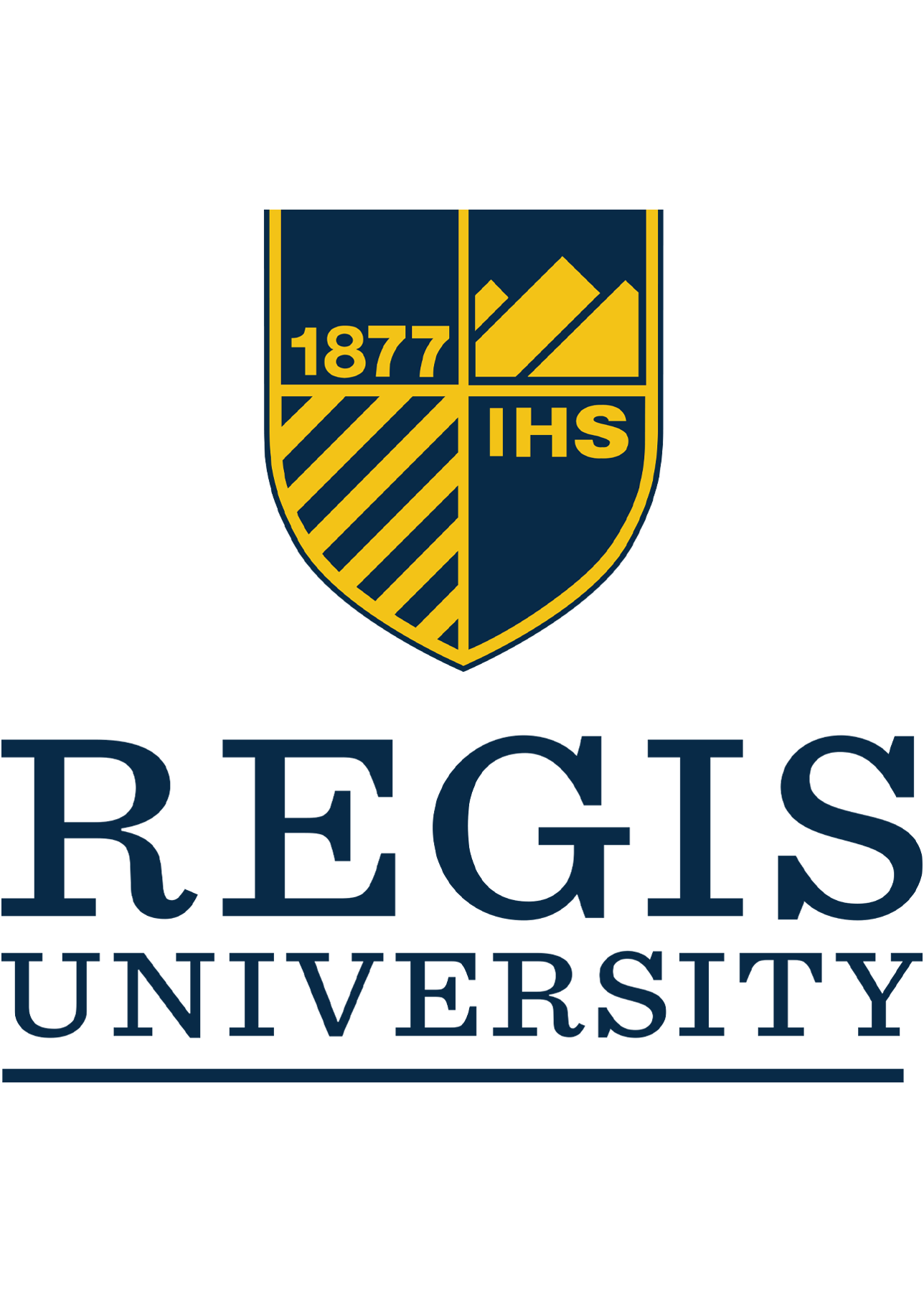
Regis University
Intelligent Score: 94.08In-state: $38,208
Out-of-state: $38,208
In-state: $14,322
Out-of-state: $14,322
SAT: 1000-1220
ACT: 21-28
$976
Online, On Campus
Higher Learning Commission
36

University of Cincinnati
Intelligent Score: 92.71In-state: $9,723
Out-of-state: $25,057
In-state: $13,224
Out-of-state: $13,224
SAT: 1120-1330
ACT: 23-29
Resident: $754
Non-Resident: $769
Online
Commission on Accreditation for Health Informatics and Information Management Education
33
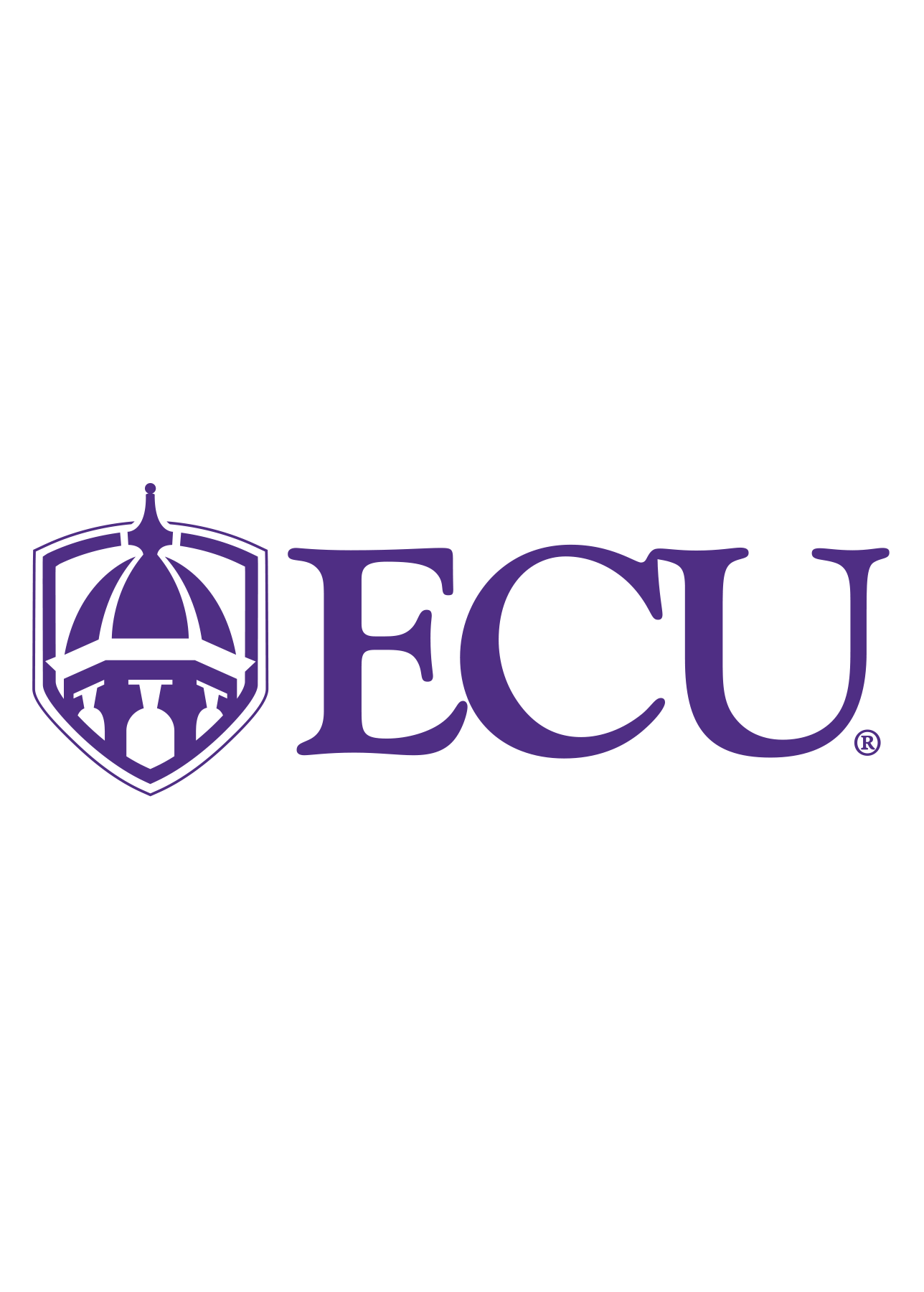
East Carolina University
Intelligent Score: 91.53In-state: $4,452
Out-of-state: $20,729
In-state: $4,749
Out-of-state: $4,749
SAT: 1020-1170
ACT: 19-24
Resident: $289
Non-Resident: $883
Online
Commission on Accreditation for Health Informatics and Information Management Education
39

Indiana University - Purdue University - Indianapolis
Intelligent Score: 90.25In-state: $30,290
Out-of-state: $35,050
In-state: NA
Out-of-state: NA
SAT: 1060-1240
ACT: 21-25
Resident: $390
Non-Resident: $585
Online
Commission on Accreditation for Health Informatics and Information Management Education
36
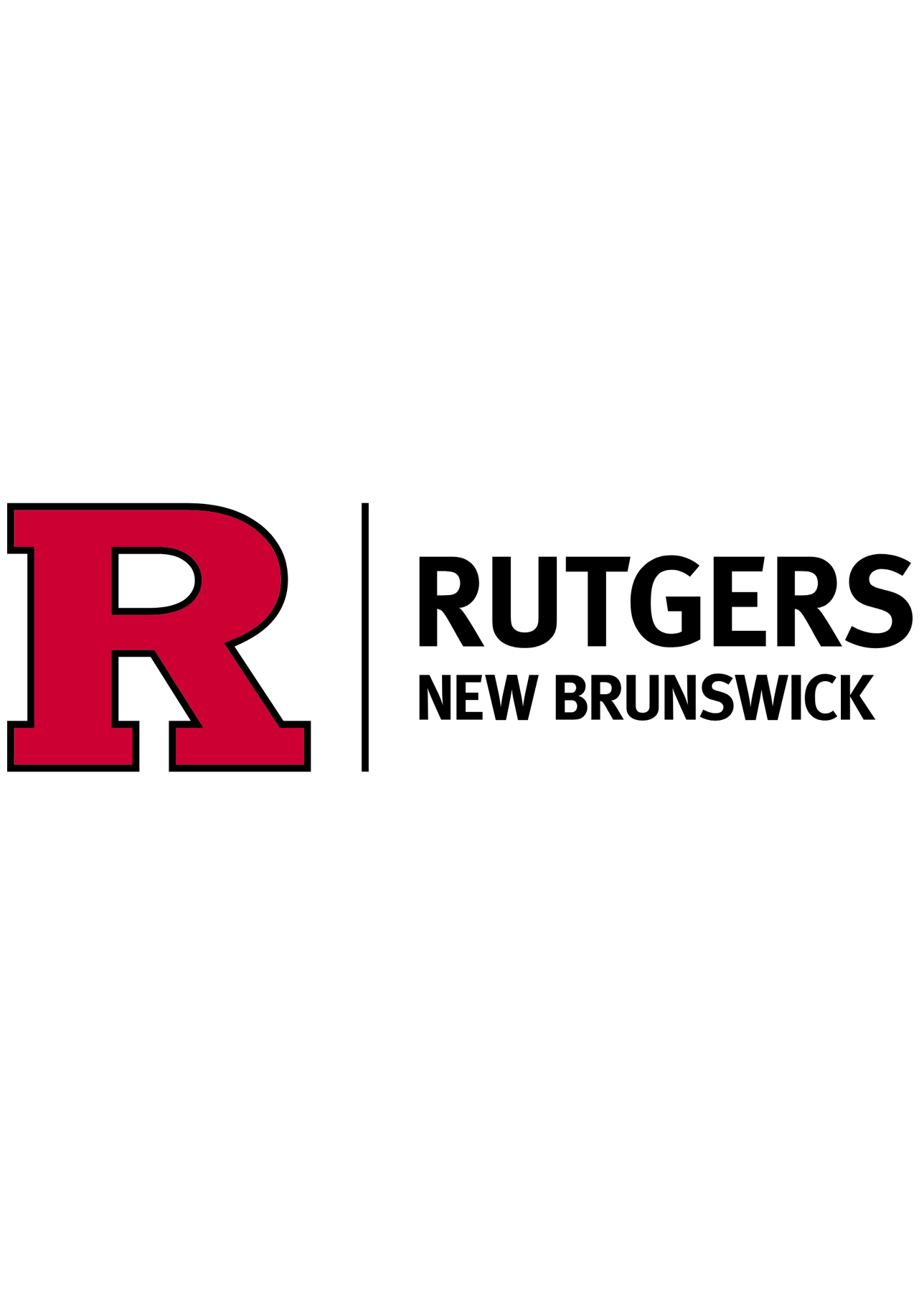
Rutgers University - Newark
Intelligent Score: 90.17In-state: $12,230
Out-of-state: $29,012
In-state: $17,736
Out-of-state: $17,736
SAT: 1180-1410
ACT: 25-32
$1,007
Online
Commission on Accreditation for Health Informatics and Information Management Education
36
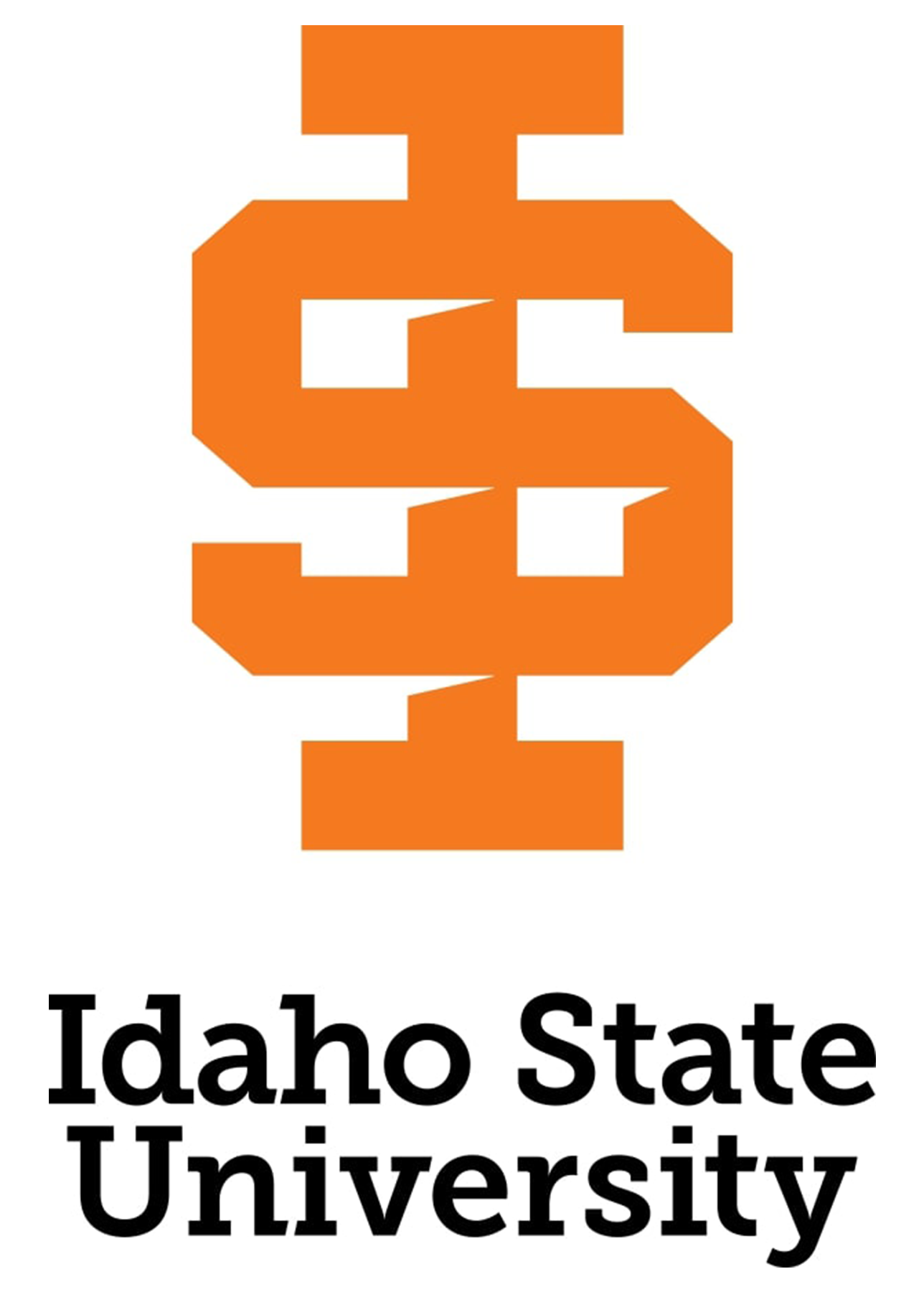
Idaho State University
Intelligent Score: 89.93In-state: $5,928
Out-of-state: $22,550
In-state: $7,982
Out-of-state: $7,982
SAT: N/A
ACT: N/A
$575
Online
Commission on Accreditation for Health Informatics and Information Management Education
39-45

Harrisburg University of Science and Technology
Intelligent Score: 89.42In-state: $23,900
Out-of-state: $23,900
In-state: $7,200
Out-of-state: $7,200
SAT: N/A
ACT: N/A
$650
Online
Middle States Commission on Higher Education
36
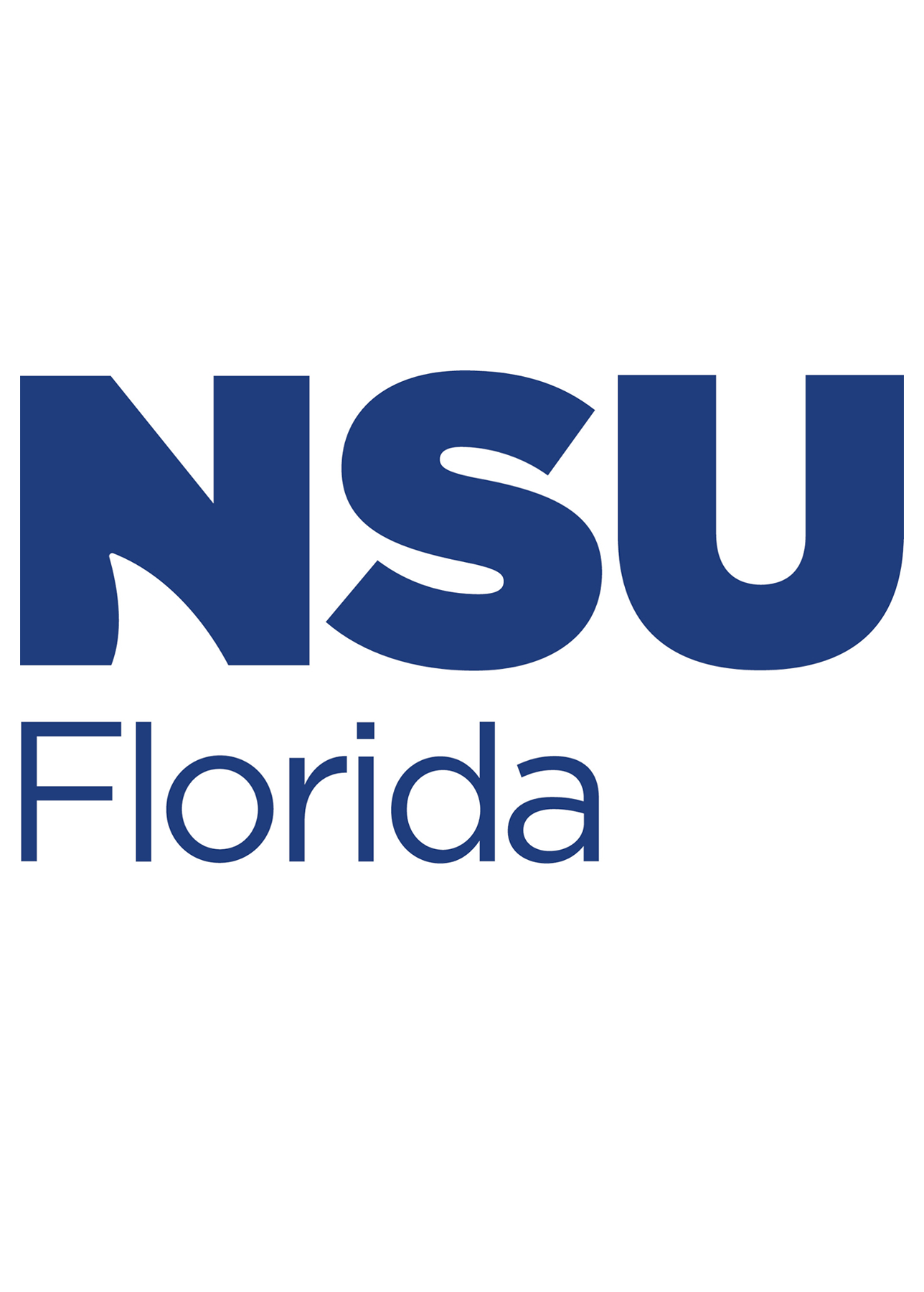
Nova Southeastern University
Intelligent Score: 89.30In-state: $32,370
Out-of-state: $32,370
In-state: $20,618
Out-of-state: $20,618
SAT: 1030-1240
ACT: 20-27
$780
Online, Hybrid
Commission on Accreditation for Health Informatics and Information Management Education
36

University of Scranton
Intelligent Score: 88.36In-state: $46,684
Out-of-state: $46,684
In-state: $11,580
Out-of-state: $11,580
SAT: 1100-1280
ACT: 23-28
$757
Online
Commission on Accreditation for Health Informatics and Information Management Education
33

State University of New York at Oswego
Intelligent Score: 88.24In-state: $7,070
Out-of-state: $16,980
In-state: $11,310
Out-of-state: $11,310
SAT: 860-1060
ACT: N/A
$471
Online
Middle States Commission on Higher Education
33-36
How to Choose an Online Master’s in Health Informatics Program
Choose your area of study
This degree is typically offered as a Master of Science (MS). Since graduates of this degree program can pursue careers in different areas of the healthcare sector, it is important to consider your desired career path when choosing an area of study.
“The framework I recommend to help students explore their options and choose the right degree program includes reflection, strategy, and research,” says Villagomez. “I encourage students to start by reflecting on their academic interests, career goals, and the types of learning environments they thrive in to identify the best programs for them. I also encourage students to reflect on what goals they want to accomplish during their graduate program, even if they’re general and not clearly defined at this stage.”
Programs may offer various concentrations that focus on, for example, cybersecurity, data analytics, management, public health, biostatistics, or human-centered design. Some of these areas involve working more with patients and medical staff, while others are more IT-centered and require more time with data and information systems. Not all universities provide the same concentrations. Also, it’s essential to look at what internship options are offered through the university and if any are available in your area.
Research schools and programs
You should only apply to institutions that have been approved by a DOE-recognized regional accrediting organization, such as the New England Commission of Higher Education or Northwest Commission on Colleges and Universities. These organizations evaluate schools to ensure they provide students with a high-quality education. Those who attend a school that isn’t regionally accredited may be unable to access financial aid or transfer credits to another institution if needed.
Ideally, your master’s in health informatics program will also be accredited by a respected industry group like the Commission on Accreditation for Health Informatics and Information Management Education. This accrediting organization has particularly high standards for health informatics programs.
Here are some other important factors to consider as well:
- What is the cost of the program? This is likely a major factor in determining which program you choose, so it should be one of the first things considered before you get too far into your research. You should have a general idea of how much you can spend on the degree program, so focus on those that are a good fit financially.
- Where is the school located? Although you plan to study online, the school’s location may still affect your decision. Some universities offer a hybrid format, where students can or must attend some classes in person. Additionally, there may be student clubs and organizations, university events, career days, meet-and-greets, orientations, and mentorship programs you’d like to participate in that require you to be on campus.
To learn more about any schools that you’re interested in, you can visit the school’s website, contact an admissions counselor, follow the school on social media, or attend an in-person or virtual open house.
Prepare for tests and applications
Entrance exams aren’t generally needed for this degree, but admissions requirements vary depending on the institution and program. Some have rolling admissions, while others require that all materials be submitted by a specific date. This could also be determined by the date the program begins. At some universities, online programs run concurrent with their on-campus counterparts, while others offer several start dates throughout the year. Check these deadlines and submit all required documents on time.
You may be required to submit materials such as transcripts, letters of recommendation, and a personal statement. Before submitting an application, always contact an admissions counselor to ensure you have the most accurate information regarding requirements and deadlines. “With all these requirements, students need to stay organized with a comprehensive and detailed checklist to track their progress, submit all required materials, and meet deadlines,” says Villagomez. “I encourage students to decide what systems help them organize the application requirements and track their progress for each school.”
Select your program
Once you’ve gathered all the necessary information, it’s time to select a program. Be reasonable in your expectations, and remember that no program will be perfect in every way. Determine what your priorities are — where you’ll compromise and where you won’t — and compile a list, in order of preference, of all the programs you would be interested in attending. Apply to all on your list.
Before making your final decision, review your needs and goals again. Do you plan to attend school full-time or part-time? Are you only interested in 100% online programs, or are you fine with a hybrid program that has a few in-person requirements? Some programs offer asynchronous courses, which can be completed at your own pace, while others only offer synchronous courses, which involve remotely attending lectures and completing assignments at the same time as other students — which of these two online learning formats do you prefer? Your school should accommodate your scheduling needs and learning preferences.
“Online programs generally offer a combination of asynchronous and synchronous modalities, so expectations and pacing can vary greatly across courses,” says Villagomez. “Despite the different modalities, all online degree programs require high self-motivation, effective time management, and structured independent study. I recommend students create a consistent routine by identifying their optimal hours for attending classes, completing coursework, and studying to stay on track with their deadlines.”
Determine how you’ll pay for your degree
You should complete the Free Application for Federal Student Aid (FAFSA) each academic year, as this determines eligibility for several forms of federal financial aid, including loans, grants, and work-study programs. Check to see if the university or other institutions offer scholarships to the program.
Also, you may be able to transfer credits previously earned from an accredited university and apply them to the degree. Those who spent time in the military often receive special tuition rates. Furthermore, if your schedule allows, you can work part-time to help cover costs. If you already work in the field, see if your employer offers tuition assistance benefits.
Be sure to speak to financial aid counselors at the schools you’re interested in for the most accurate and specific information about program cost.
What Can You Expect from an Online Master’s in Health Informatics Program?
A master’s program in health informatics provides students with a broad understanding of information systems that healthcare providers use to manage patient records. They learn how data is stored and organized, what software and hardware are used, how data is kept secure, and various interfaces that patients use to communicate with healthcare providers and access their own data. Since many healthcare institutions are migrating their data to the cloud, the curriculum also covers how to establish, secure, and monitor cloud-based systems.
Material for online courses is generally delivered via an online learning platform such as Blackboard, Canvas, or Moodle. A student portal provides access to the course syllabus, assignments, schedules, reading material, audio-video material, lectures, grades, and more. These platforms also offer chats and message boards so students can keep in touch with one another and communicate with instructors. Many programs are available entirely online, while others have a hybrid option.
Potential courses you’ll take in an online master’s in health informatics degree program
- American healthcare system. This course explores all the basic elements of the American healthcare system, such as structure, providers, financing, public policy, legal issues, regulations, and more. Students see things from both the business side and the consumer side and examine current issues and concerns related to healthcare in the United States.
- Healthcare database systems. Students learn how to conceptualize and model databases as well as how to use query languages to obtain important information. The principles discussed help students adapt and work with various domains and applications in the health informatics space.
- Legal, ethical, and social issues. Because the American healthcare system is dynamic and always evolving, legal, ethical, and social issues often intersect in unexpected ways. These challenges are examined in this course, along with the matters of privacy and data security in an ever-changing social and legal landscape.
- Healthcare project management. In this course, students learn how to manage complex IT systems and work, track, and control an IT project using the basic concepts of agile project management. The course covers scope, time, quality, and cost, and students learn how to work with a team to bring a project to completion.
What Can You Do With an Online Master’s in Health Informatics?
Career outlook
The career outlook for individuals with a master’s degree in health informatics is highly promising. The healthcare industry continues to embrace technology, electronic health records (EHRs), and data-driven decision-making, creating a strong demand for professionals who can manage, secure, and utilize healthcare data effectively.
Indeed, a master’s degree in health informatics opens the door to diverse career paths, each contributing to the advancement of healthcare through technology. Here are some common career options:
- Health services manager — Manage the operations of a healthcare practice or department.
- Median annual salary: $104,830
- Projected employment growth (through 2032): 28%
- New job openings projected: 54,700 annually
- Information systems manager — Assess an organization’s technology needs, plan IT projects, and hire and supervise IT staff.
- Median annual salary: $164,070
- Projected employment growth (through 2032): 15%
- New job openings projected: 46,900 annually
- Health information technologist — Evaluate, install, and maintain health information systems.
- Median annual salary: $58,250
- Projected employment growth (through 2032): 16%
- New job openings projected: 3,100 annually
Online Master’s Degree in Health Informatics Frequently Asked Questions
How do I apply to an online master's in health informatics degree program?
Most programs require a bachelor’s degree from an accredited institution. Depending on the master’s program, your undergraduate degree may or may not have to be in a related field. Transcripts should be submitted along with the application. There is usually a minimum GPA requirement, but this varies by university. For a graduate program, a resume, one or more letters of recommendation, and a personal statement may also be required.
Many universities also require proof of U.S. citizenship or residency, and if English is not the applicant’s first language, test scores proving English proficiency will likely be needed.
Since admission requirements vary, applicants should always speak with an admissions counselor before applying.
How much does an online master's in health informatics degree cost?
A master’s in health informatics usually costs at least $20,000 to $30,000 in total tuition, and there may be additional technology fees for online students. Books and other university services could mean extra costs as well. Whether the student lives in the same state as the university could also affect the cost of the program, though this may not be the case for online students.
How long does it take to earn an online master's in health informatics degree?
At a traditional brick-and-mortar university, this master’s degree takes two to two-and-a-half years to complete for a full-time student. When additional specializations or concentrations are added, this increases the time needed. Conversely, some universities offer accelerated programs that can be completed in as little as 18 months.
Many universities offer both full- and part-time study options, and this also affects how long it takes to earn the degree. The number of credit hours required varies from about 30 to 50, which impacts the time needed to complete the program as well.
Is an online master's in health informatics worth it?
The field of health informatics is dynamic and continuously evolving, offering numerous opportunities for professionals to make a meaningful impact on healthcare delivery, patient care, and the overall quality of the healthcare system. Graduates with a master’s in health informatics have the chance to drive innovation, improve healthcare outcomes, and contribute to the transformation of the healthcare industry through technology and data-driven solutions. Workers with this degree are often eligible for leadership positions and jobs that are both challenging and lucrative.
Online programs offer several benefits over on-campus education. Programs that feature asynchronous courses offer a high level of flexibility, as classes can be attended at a convenient time for the student, wherever there is an internet connection. Online students also may have access to a wide range of peers, faculty members, and industry professionals with whom they can network.
